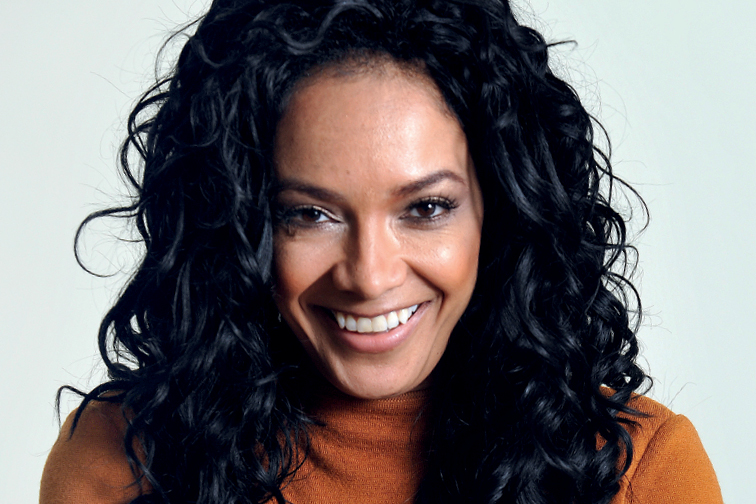Six inspiring Black entrepreneurs shaking up British business
In celebration of Black History Month, we take a look at what it’s like for emerging Black businesses today and reflect on what it takes to make it to the top
Starting up any business is a challenge but for Black entrepreneurs, the uphill battle towards success and profitability can be even tougher. As The Black Report has discovered, 88% of Black British entrepreneurs self-fund their businesses, raising on average £14,000 to do so.
The majority of Black-owned businesses in the UK are to be found in the services, retail and technology sectors, followed by publishing, data and software businesses. Of the start ups profiled for The Black Report, the majority proved to be delivering early financial success. These businesses were also generally more diverse, with an even split across the genders and 75% of employees identifying as people of colour (three times the industry standard).
Strong Black business role models can be found throughout the history books, with many historical entrepreneurs defying incredible odds and battling enormous prejudice to become successful. Ignatius Sancho, for example, was born aboard a slave ship in 1729 and later sold into slavery in London as a toddler. During his enslavement, Sancho learned to read and write, and later went on to run a grocery shop when he became a free man, whilst also earning money from writing plays and music for the theatre, which was his true passion.
Another entrepreneur to rise from slavery was George Africanus, who was taken from his home in Sierra Leone and enslaved by a wealthy family while he was a child. Aged 21, Africanus moved to Nottingham as a free man and opened an employment agency called Africanus Register of Servants. While his start up took off – it would run successfully for more than 60 years, and the street on which it started now has a plaque bearing his name – he also worked as a waiter and labourer to support his family, showing his tenacity.
To celebrate Black History Month, here are five inspiring tales of modern Black entrepreneurs in Britain who have built their empires from the ground up and are writing their own histories.
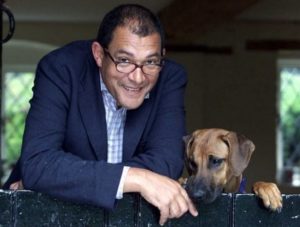
Bruce Oldfield OBE
Though he has spent much of his later life in the company of the rich and the famous, fashion designer Bruce Oldfield OBE came from humble beginnings. The designer, who never knew his parents, grew up in a Barnardo’s home before being fostered by a dressmaker who taught him how to sew. He describes his childhood in rural Durham as impoverished but also “happy and creative”. Oldfield would go on to study fashion at Central Saint Martins in London, and founded his own couture fashion house, dressing stars including Princess Diana, Rihanna and Kim Kardashian. He also redesigned the McDonalds uniform in 2008.
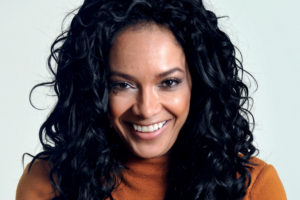
Kanya King MBE
Entrepreneur Kanya King, founder and chief executive of the MOBO Awards, had to overcome many hurdles on her journey to founding the famous awards ceremony for music of black origin. She was born in London to an Irish father and Ghanaian mother, the youngest of nine children. When she was 13 years old her father died, and at 16 she gave birth to a son, which caused her to drop out of school. Despite this, she pushed on and carved out a career as a TV producer. To get her vision for the MOBO awards off the ground in 1996, King took a risk by remortgaging her house – something she would do again in 2002 after sponsors pulled out of the event. With the event now celebrating 25 years of pioneering work, her self belief paid off.
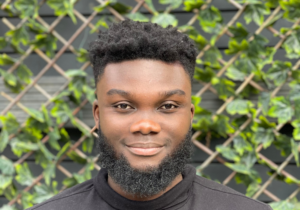
Timothy Armoo
At 26 years old, Timothy Armoo is the youngest entrepreneur on this list, but he has already picked up a raft of business awards including Huffington Post’s Entrepreneur of the Year and was named the “most influential person in advertising” by the Evening Standard. Armoo is the founder and chief executive of Fanbytes, a digital marketing agency targeting Gen Z consumers that employs more than 50 people and has a client list that includes McDonalds, Deliveroo, Nike and the British government. Armoo started his entrepreneurial journey early, starting a tutoring business at just 14 years old. It was an early indicator of big things to come.
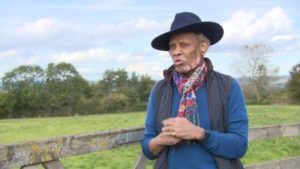
Wilfred Emmanuel-Jones MBE
Growing things in the earth as a child was pure escapism for Wilfred Emmanuel-Jones, founder of food brand The Black Farmer. In the late 1960s, he lived in a small house in Birmingham with his parent and eight siblings. It was, he says, “chaos”. However, the family had an allotment, and Emmanuel-Jones found refuge there, helping his father tend his plants and dreaming of becoming a farmer. In his 40s, Emmanuel-Jones moved to Devon and did just that. Despite battling myeloid leukaemia, and the ongoing complications from treatment for it, the farmer has built an impressive company, supplying many British supermarkets with produce and running a bustling direct-to-consumer digital business.
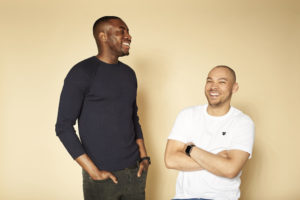
Michael Chapman & Toks Ahmed
Like many of their Black peers, best friends Michael Chapman and Toks Ahmed didn’t learn to swim as children. In fact, Swim England estimates that 95% of Black adults and 80% of Black children in England do not swim. Deciding to rectify this later in life, the pair took adult swimming lessons, and it was here that a casual interaction would spark a business idea. The lightbulb moment came from speaking to a woman struggling to confine her Afro hair in a standard swimming cap. This led the pair to interview friends and family to see if this was a common problem. It was. And, so, they decided to create an alternative in Soul Cap, a brand of swimming caps designed specifically for people with voluminous hair. Soul Cap has since sold 30,000 of its caps, and recently teamed up with Alice Dearing, the first Black female swimmer to represent the UK at the Olympic Games, to promote greater diversity in the world of swimming.


